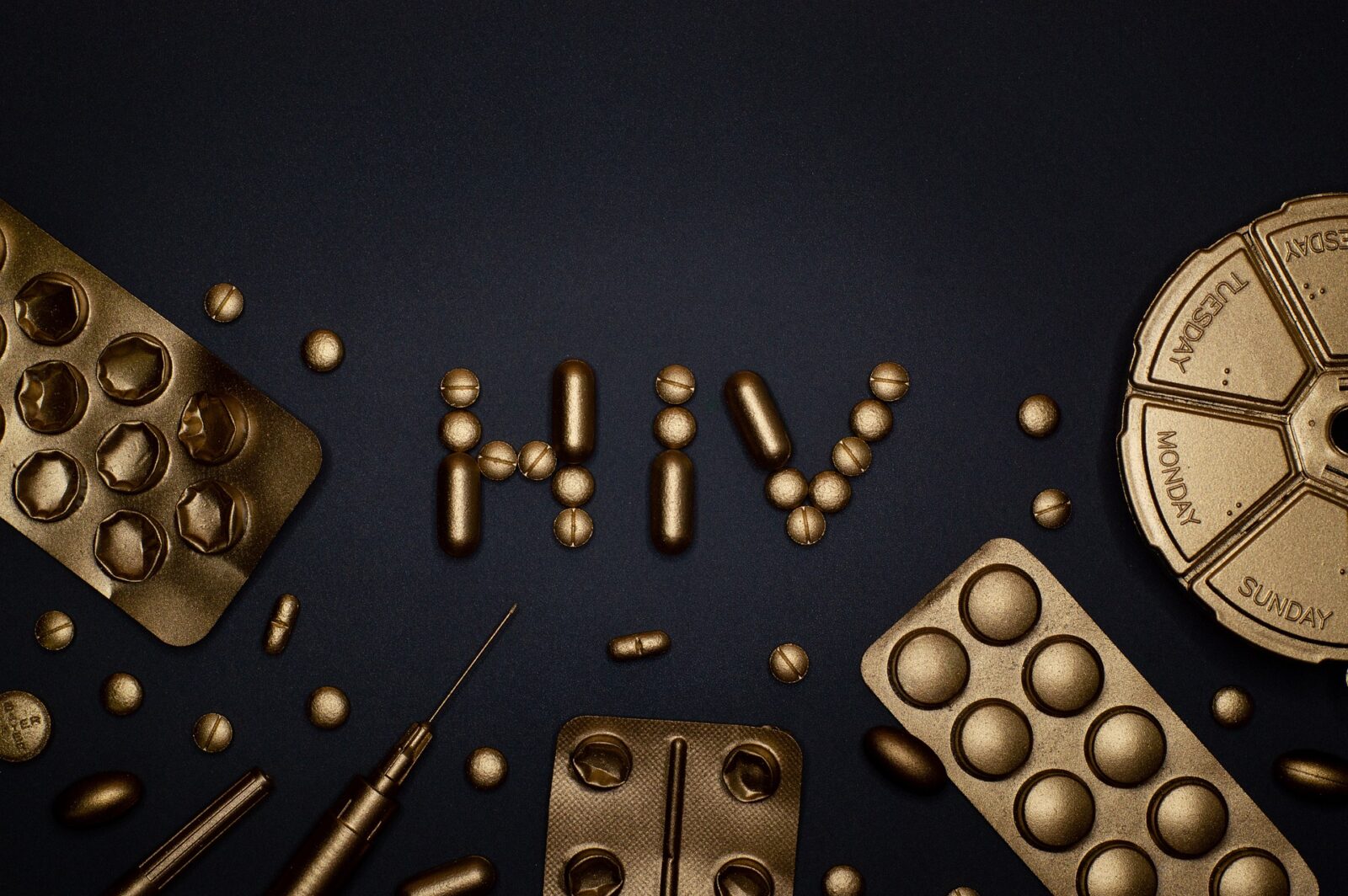While antiretroviral treatment (ART) has been shown to significantly reduce HIV replication, resulting in the destruction of the majority of infected cells, the virus has never been shown to be completely removed from the human body. When it enters the body, it tends to persist in certain cells deep inside various human tissues, where it goes ignored by the immune system.
New research
Scientists from the University of Alberta in Canada have discovered a potential solution to the conundrum of why HIV-infected persons are unable to completely rid themselves of the virus. The researchers discovered that killer T cells — a kind of white blood cell that is critical for recognizing and eliminating cells contaminated with viruses — identified in HIV patients had little or no CD73, a protein that is normally seen in healthy people.
In part, this is due to the fact that CD73 is required for cell migration and movement into tissue, and that its absence impairs the ability of killer T cells to detect and eliminate HIV-infected cells, according to immunologist Shokrollah Elahi of the university in a study reported in the journa PLOS Pathogens. This method gives one possible explanation for why HIV may persist in human tissues indefinitely. This presents scientists with the possibility to develop possible novel therapies that would aid killer T cells in their ability to move more effectively and obtain access to infected cells in a variety of organs.
Elahi also discovered that the significant decline in the protein CD73 is partially related to the persistent inflammation that is frequent among HIV-positive individuals. The study of the researchers also contributes to the understanding of why persons living with HIV have a decreased chance of acquiring multiple sclerosis.
The findings show that reducing or eliminating CD73 in HIV-infected persons may be useful in terms of protecting them against multiple sclerosis. Targeting CD73 may thus be a fresh potential therapeutic marker for people with multiple sclerosis.













Leave a Reply